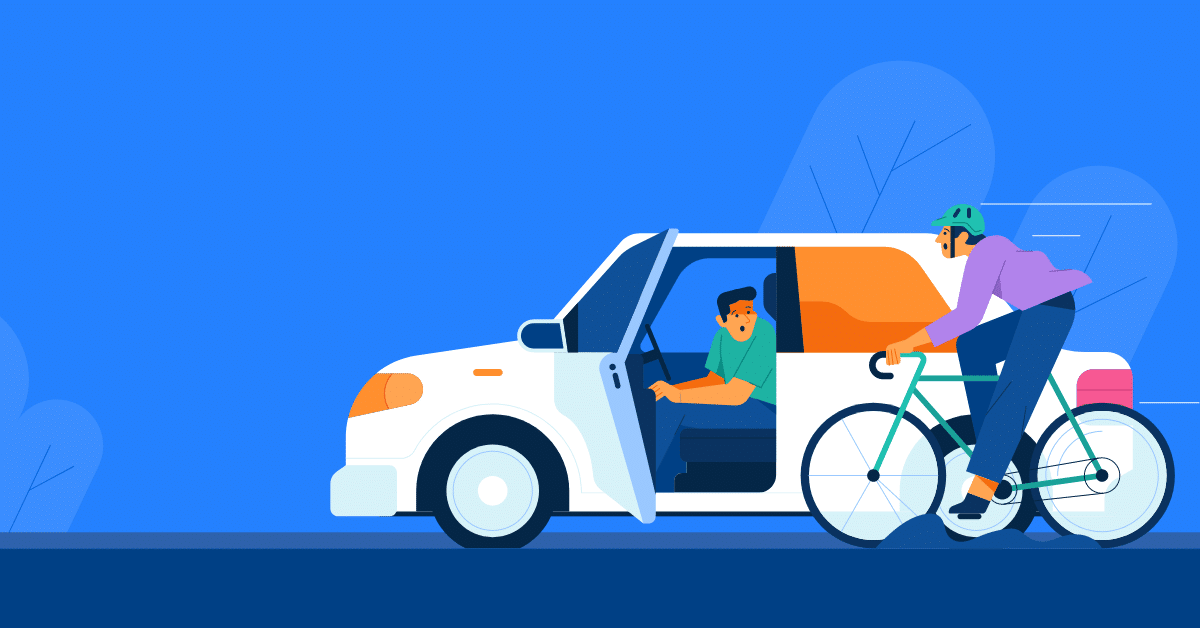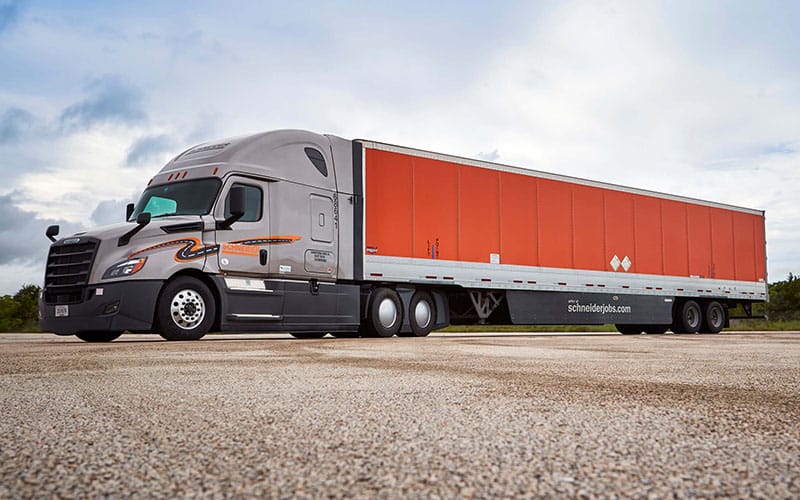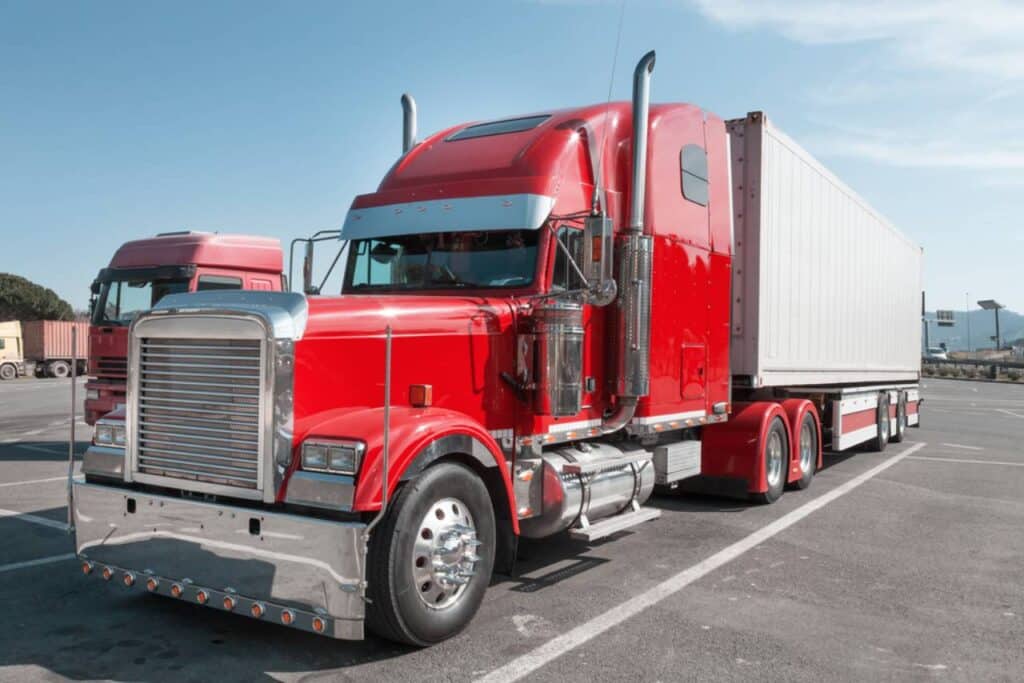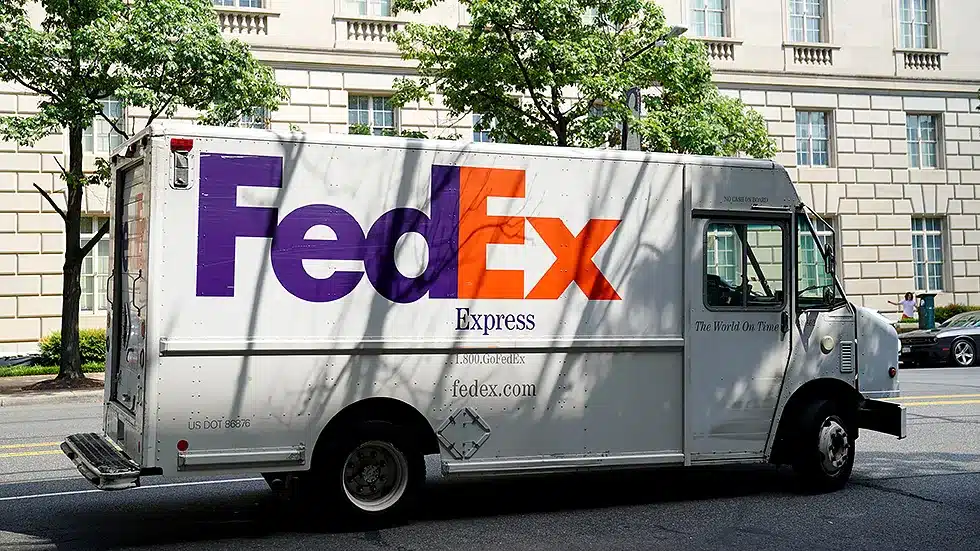
Automobile Liability Insurance
Automobile liability insurance is a type of car insurance coverage that helps pay for damages or injuries that a driver may cause to others in an accident. In most states, automobile liability insurance is a legal requirement, ensuring that drivers have a financial means to cover damages if they are found at fault. At 770GoodLaw, we help clients understand their rights and options when dealing with liability insurance claims, particularly when they seek compensation after a car accident caused by another driver.
Understanding Automobile Liability Insurance Coverage
Automobile liability insurance is designed to protect drivers from bearing the full financial responsibility for accidents they cause. This coverage typically includes two main components:
- Bodily Injury Liability: This covers the medical expenses, lost wages, and other costs related to injuries that the at-fault driver causes to others. Coverage limits determine the maximum amount the insurer will pay per person and per accident.
- Property Damage Liability: This pays for damages to another person’s property, such as vehicle repairs, fence damage, or building repairs, resulting from an accident caused by the insured driver.
Each state mandates minimum liability coverage requirements, but many drivers choose higher coverage limits to protect against substantial financial losses in serious accidents.
Importance of Automobile Liability Insurance in Car Accident Claims
Liability insurance plays a crucial role in car accident claims, as it provides financial resources for victims who need compensation for damages. Key ways liability insurance impacts accident claims include:
-
Covering Medical Expenses and Repairs: Victims of an at-fault driver’s actions can receive compensation for medical bills, vehicle repairs, and other accident-related costs.
-
Providing a Source of Compensation: For those injured by a negligent driver, liability insurance offers a reliable avenue for seeking reimbursement, particularly if the at-fault driver cannot afford to pay out-of-pocket.
-
Limiting the Financial Exposure of At-Fault Drivers: By having liability insurance, at-fault drivers can avoid personally covering large sums, as their insurance will pay up to the policy limits.
Minimum Liability Insurance Requirements
Each state sets its own minimum liability insurance requirements, which drivers must meet to legally operate a vehicle. For example, minimum coverage levels might be:
- $25,000 per person for bodily injury: This covers injuries to a single individual.
- $50,000 per accident for bodily injury: This is the maximum amount paid for injuries to all individuals in one accident.
- $25,000 for property damage: This covers damages to property resulting from the accident.
While these minimums provide a baseline level of protection, they may be insufficient in serious accidents. Drivers often choose higher coverage limits for additional security.
What to Do When Liability Coverage is Insufficient
In cases where the at-fault driver’s liability insurance coverage is insufficient to cover all damages, accident victims may face challenges in recovering the full amount of their losses. Options for addressing insufficient coverage include:
-
Filing a Personal Injury Lawsuit: When liability coverage is inadequate, the injured party may pursue a lawsuit to seek additional compensation directly from the at-fault driver.
-
Using Uninsured/Underinsured Motorist Coverage: If the victim has uninsured or underinsured motorist coverage, they can file a claim with their own insurer to cover remaining expenses.
-
Negotiating with the Insurer: In some cases, attorneys may negotiate with the at-fault driver’s insurance provider to maximize the payout within the policy limits.
How 770GoodLaw Assists Clients with Automobile Liability Insurance Claims
At 770GoodLaw, we guide clients through the complexities of automobile liability insurance claims, ensuring they understand their options and rights. Our team works to maximize compensation for our clients by:
- Evaluating Policy Limits: We review the at-fault driver’s insurance policy and assess whether it provides adequate coverage for the client’s injuries and damages.
- Negotiating with Insurers: Our attorneys handle communication with insurance companies, negotiating on behalf of our clients to reach a fair settlement within policy limits.
- Exploring Additional Coverage Options: In cases where liability coverage is insufficient, we help clients explore other sources of compensation, such as underinsured motorist coverage.
- Pursuing Legal Action When Necessary: If an insurance settlement does not fully address our client’s losses, we are prepared to file a lawsuit to secure the compensation they deserve.
Importance of Legal Representation in Liability Insurance Claims
Navigating liability insurance claims can be complex, particularly when policy limits are low or when insurers are hesitant to offer fair compensation. Legal representation ensures that accident victims have advocates to protect their interests, negotiate effectively, and pursue all available sources of compensation. At 770GoodLaw, we provide experienced support and guidance to clients, helping them secure a fair outcome for their accident claims.
Why Choose 770GoodLaw for Automobile Liability Insurance Cases
Our commitment to Relentless Reliability and Sincetegrity means that we approach each automobile liability insurance claim with dedication and integrity. At 770GoodLaw, we work to protect our clients’ rights, ensuring they receive the full compensation they need to recover and move forward with confidence.






